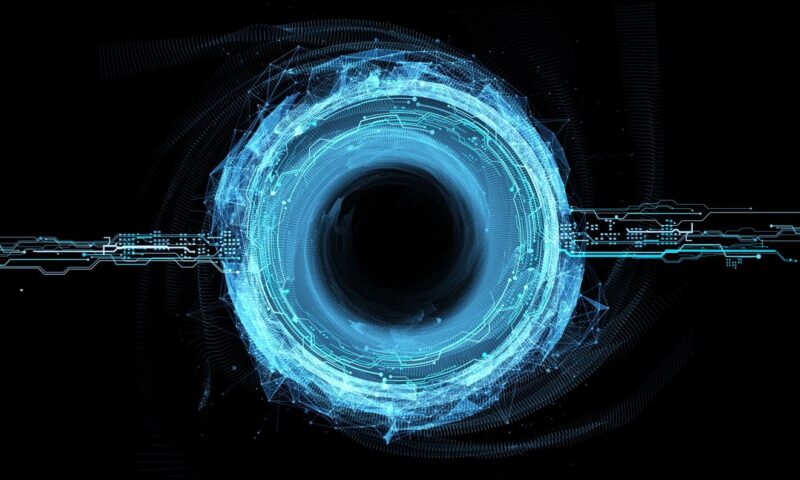
AI won’t replace the creative spark, but it might just help light it faster.
- Shift in Creative Process: AI is transforming creative marketing by making the process collaborative, iterative, and inclusive of generative AI, moving away from linear and siloed workflows.
- AI as a Creative Tool: Agencies now view AI as an assistant, likened to an intern with a photographic memory, helping to overcome creative blocks and test ideas early in the design process.
- Client Benefits: Responsible AI use in marketing offers:
- Faster campaign iterations without sacrificing strategy.
- Hyper-personalized content while respecting privacy.
- Scalable A/B testing and audience insights.
- Prototyping and validation before significant ad spend.
- More inclusive and representative creative concepts.
- Practical Applications: AI aids in generating subject line variations, mocking up ad visuals, and pulling consumer sentiment data to inform design decisions, though it can’t fully replicate a brand’s creative team.
- Industry Examples:
- Coca-Cola’s “Create Real Magic” campaign used AI to enable user co-creation with brand assets, enhancing accessibility and cultural relevance.
- Canva’s Magic Design and AI-powered editing features democratize design, extending professional creatives’ reach.
- Impact on Designers: AI acts as an “acceleration lane” for UX designers in fields like fintech and healthcare, reducing repetitive tasks and allowing focus on intentional design.
- Higher Creative Standards: AI raises expectations for human creativity, emphasizing the need for sharper ideas and strategic focus on what’s worth delivering.
- Agency Adaptation: Agencies are encouraged to embrace AI to stay competitive, using it to enhance their voice, ethics, and value rather than resist its integration.
